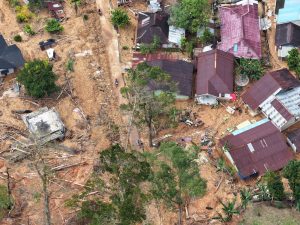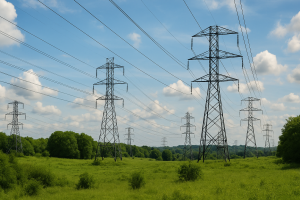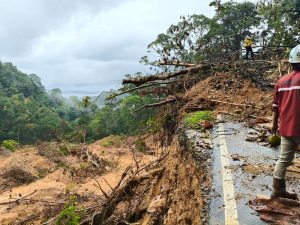Jakarta – A new report from Johns Hopkins University’s Net Zero Industrial Policy Lab (NZIPL), released in July, reveals that the BRICS countries’ failure to implement a renewable energy transition could be catastrophic, not only for the global climate but also for their own economic futures. The report also warns that a BRICS failure could hinder the world’s target of doubling clean energy capacity by 2030, as agreed upon at COP28.
“Together we account for nearly 50% of global energy production and consumption,” said Thiago Barral, former national secretary for energy transition and planning in Brazil, emphasising that “this gives us a shared responsibility to strive for a balance between energy security, sustainable development and the transition to a low-carbon future.”
BRICS, currently comprising Brazil, Russia, India, China, South Africa, and the United Arab Emirates, represents approximately 45 per cent of the world’s population and is responsible for more than 50 per cent of global carbon emissions. While renewable energy investment in this bloc has exceeded fossil energy funding in aggregate, it is far from enough.
Systemic risk for Indonesia
NZIPL’s “BRICS Going Green” report highlights Indonesia, which, on the one hand, has made significant strides in green manufacturing initiatives, but on the other, remains heavily dependent on coal. One of the significant advances mentioned is the USD 10 billion Indonesia-Singapore deal to build “green industrial parks” in Bintan, Batam, and Karimun.
“Indonesia has attracted substantial battery investment in the manufacture of high-nickel cathode active materials. If all announced projects are built, Indonesia’s cathode active material production capacity will reach more than 150 GWh, enough to produce more than 2 million electric car batteries by 2030,” the report states.
However, Indonesia’s 2024 National Electricity General Plan (RUKN) still shows a 60 per cent coal dominance, while the coal phase-out target is not yet fully embedded in short- and medium-term policies. In fact, Indonesia has stated that it wants to increase its renewable capacity to 75 GW by 2040.
The NZIPL report emphasises that it is not enough for the BRICS to simply switch fuels. What is needed is major structural reform through industrial and technological cooperation, sustainable financing, and a commitment to inclusive multilateralism. (Hartatik)
Banner photo: Image generated by OpenAI’s DALL·E via ChatGPT (2025)















